Here at CenterForLit, we are historically known for not being huge fans of the worksheet. We want to listen quietly to what the author has to say instead of using their work in a way they did not intend. However it is true that our students need to develop their vocabulary and grammar skills, and like it or not this is usually one of the main goals of a literature workbook. What, then, are we to do?? There's no denying that the arts of vocabulary and grammar are strongly related, and even necessary predecessors, to the art of literature. So how do we make sure all of these areas get covered without sacrificing our literary philosophy? After all, as much as we'd like to, we can't add more hours to the day.
Read MoreWorksheets and book reports. Ah, you remember them well. In fact, they may be the reason your love of reading burned out as a child. Here at CenterForLit, we are sworn enemies of the comprehension question. And yet, you may wonder how else you are to know whether or not your student completed their reading-- not to mention whether or not they understood it! How do we as teachers cultivate a love of reading while also tracking our students' progress? And what is the proper balance between assignments and free reading?
Read MoreWe all know that literature and writing belong together like peanut butter and jelly, but what exactly should that look like? What is a literary analysis paper, and why do we write them? Does it harm our experience of a book by making us miserable, or can it be a helpful tool for enhancing our understanding?
There are some important tricks of the trade when it comes to crafting and defending a written argument about a work of literature, and some key factors to keep in mind as the teacher assigning such a project to your students. In the first Office Hours of the new year, we will be tackling this subject together. We know it sounds intimidating, but we promise that it doesn't have to be! With just a few essential pieces of information, your student can be worlds ahead when it's time for him to turn in his first college paper.
Read MoreSitting around talking about good books sounds like a great idea in theory. Nourishing the souls of our students and helping them become more fully human might just be the most important part of education. However, as much as you may want to avoid it, colleges look for some other hard and fast details when they look over student applications. Is there any way that having Socratic discussions now can have a practical effect? Will it help improve their test scores in the moment so that they can go to college and keep working on becoming more fully human?
Gee, wouldn't it be great if Socratic discussion could help both now and later? This Office Hours we're gathering around to talk SAT/ ACT exams, and to see if the entire foundation of the CenterForLit approach can be practical as well as philosophically pleasing.
Read MoreNo, no, no...we're not talking about Uma Thurman. We're talking about those paperbacks your kids like to read that didn't quite make the cut for the Great Books collection. And by "didn't quite make the cut," we mean they didn't even come close and never will. And if we're being perfectly honest, we grown-ups aren't the biggest fans of grabbing Plato or Dostoevsky on our way out the door to the beach either...
So what about those best-sellers? The stories may be interesting, but the language and imagery probably aren't feeding our souls...or are they? What is the place of pulp fiction in our own and in our students' reading lists? How often are we "allowed" to read them instead of a classic? Let's grab our hot tea and apple cider and gather together for our next Office Hours brainstorming session this month!
Read MoreTalking about books is great! You get to discuss important ideas, your students learn to think well, it builds relationships, and you're even pretty sure that it might be the central activity to a good education. But there's just one thing nagging at you...how in blazes are you supposed to grade your student on a conversation?? I mean, we'd all do away with grades if we could, but there is that pesky transcript thing.
Time for another Office Hours! We've told you that Socratic discussions are the bomb, and now we won't leave you in the dark when it comes to thinking about some practical details. And with the new school year beginning, we figured it'd be a good time to have this conversation. Take a break from the back-to-school busyness to gather with the Pelicans and brainstorm about grading a Socratic discussion!
Read MoreFall is coming sooner than all of us would like, and this season always looms with the burden of endless possibilities. There are millions upon millions of books in the world, and we could choose any of them to put on our students' booklists this year. How in blazes are we supposed to choose?? And if we do choose, what if we make the wrong decisions? How do we know which books are the right ones for our students?
These will be the questions on the table at our next Pelican Society Office Hours. Let's have coffee and encourage each other! Maybe we can throw some peace into the mix when it comes to that booklist this year.
Read More